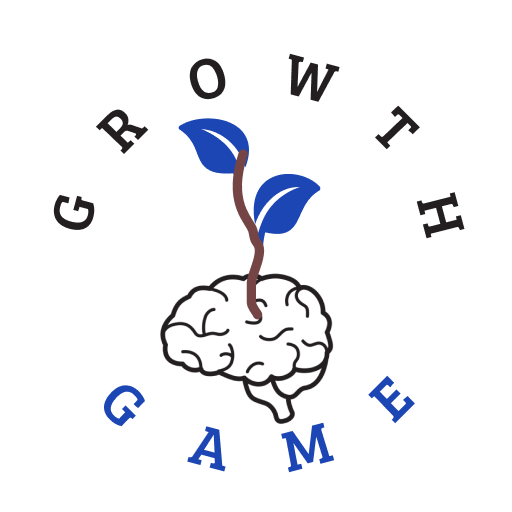The concept of a growth mindset revolves around the belief in one’s potential for development and adaptability. Embracing a growth mindset, characterized by a belief in flexible attributes, encourages constructive approaches to managing anxiety, frustration, and disappointment, fostering resilience. Individuals with a growth mindset exhibit increased persistence and resilience when confronted with challenges, utilizing effort-oriented strategies to achieve their goals. This mindset is associated with decreased stress levels and self-reported psychological symptoms, providing relief in scenarios such as family stress during adolescence.
In contrast, a fixed mindset, emphasizing entity theories of personality, has been correlated with heightened self-reported stress and anxiety, particularly following ostracism, along with elevated psychosocial stress and psychopathology.
The GROWTH Mindset research among adolescents, suggests that is is closely linked with improved psychological well-being.
The idea of a growth mindset, introduced by Dweck, reflects a fundamental belief that talents can be developed through practice, influencing thoughts and behaviors. Mindset impacts motivation, influencing academic resilience and performance. Both grit and mindset are connected to academic achievement, subjective well-being, and reduced psychopathology. Research suggests that the belief in potential development stimulates long-term learning, persistence, and positive academic outcomes from primary education to higher education.
A growth mindset correlates with improved academic outcomes and reduced stress levels. This mindset is positively linked to learning engagement and negatively correlated with perceived stress during events like the COVID-19 pandemic. Maintaining a growth mindset is particularly advantageous for students from lower-income families, aiding them in overcoming the detrimental effects of poverty on academic achievement.
Additionally, a growth mindset is associated with self-efficacy for health behaviors and perceived control, indicating that individuals with this mindset are more likely to take control of their health.
